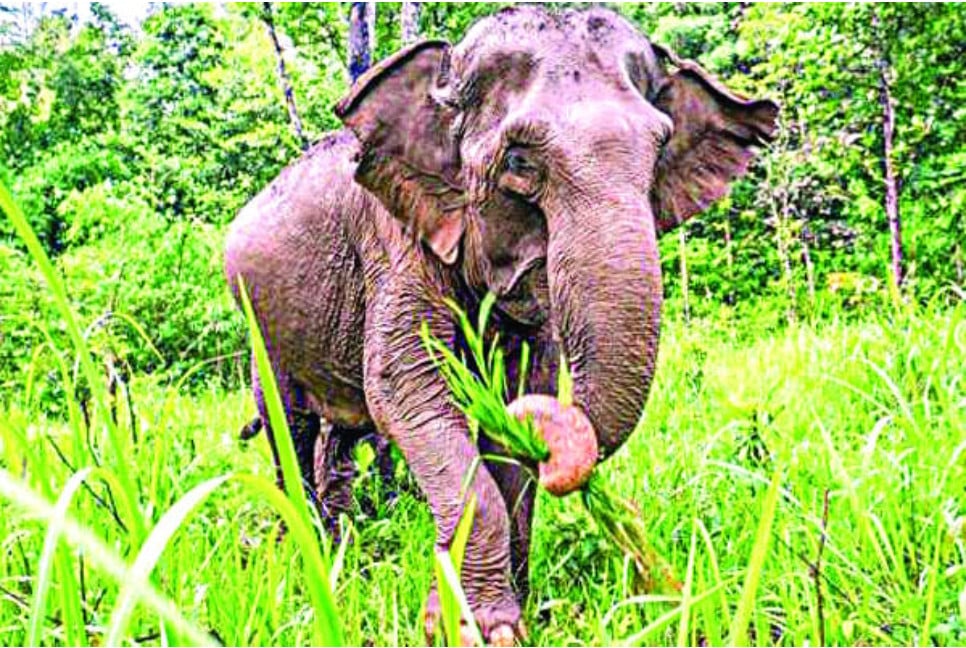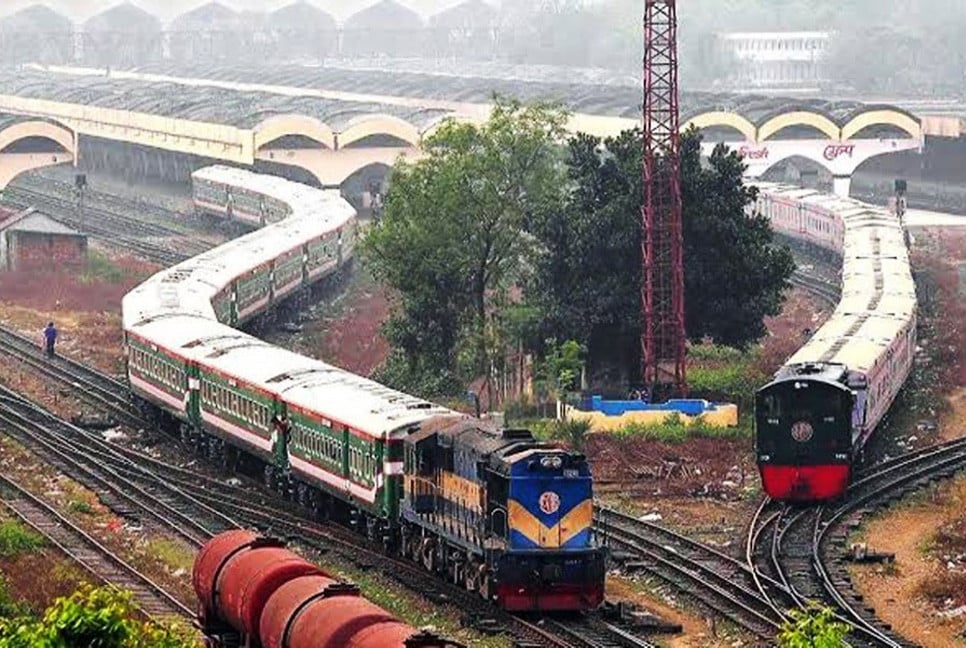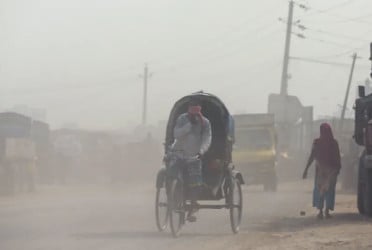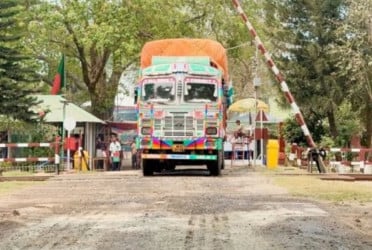In various areas of Cox's Bazar, which are known as elephant sanctuaries, Rohingya refugees have been given shelter. Additionally, in Chattogram’s Anwara region, a vast area of the Deang Hills has been developed into the Korean Export Processing Zone (KEPZ). As a result, these areas, once the natural habitats of elephants, are no longer under their control.
So elephants are venturing into local communities due to the lack of food, resulting in frequent attacks on people. Over the past month, four people have died due to elephant attacks in Anwara and Karnaphuli.
It has been reported that there are three corridors in the southern forest division and five in the northern division under Cox’s Bazar, spanning the Ukhiya-Ghumdhum border area.
As Rohingyas were given shelter in these areas, they had no choice but to establish camps there, resulting in massive deforestation. So Elephants are forced to travel from Bashkhali, Satkania, Lohagara, and Boalkhali in Chattogram through hilly routes to reach the Deang Hills in Anwara-Karnaphuli Currently, elephant herds roam Anwara’s Bairag, Battali, Hazigaon, and Karnaphuli’s Deang Hill, lakes areas.
Under the jurisdiction of the Chattogram Southern Forest Division, there are four corridors. However, it is becoming increasingly difficult for elephants to live there because of KEPZ and other development projects. Consequently, elephants are entering local areas in search of food.
According to Ritu Parvee, the co-founder of Green Finger, there is very little food available for wild elephants due to deforestation.
“Nobody cares about why there is a lack of food for wild elephants and why they come to the local area. If there is no food in the wild, they will be forced to enter the local areas which is natural. So why has nobody addressed this issue despite knowing these facts? ” said Ritu.
She added that KEPZ, having built an industrial zone in the elephant habitat, has a responsibility to provide food for the elephants. Additionally, the Elephant Response Team is not functioning effectively. Elephants do not attack unless provoked. Understanding the behavioral traits of wild elephants could clarify why these attacks are happening.
Tasnim Dilshad, assistant professor of Chattogram University’s Institute of Forestry and Environmental Sciences noted that elephants follow specific routes, or tracks, and sanctuaries. If they cannot roam around these areas, they enter local areas.
Elephants rely on forest for food. But deforestation forces them to search for food elsewhere, including in local communities. In many other countries, overpasses or underpasses are built in areas where elephant tracks are disrupted by infrastructure. However, this has not yet been fully implemented here. Therefore, when establishing settlements or businesses in wildlife habitats, it’s crucial to consider the needs of elephants.
Chattogram Divisional Forest Officer for the Wildlife Management and Nature Conservation Division, Rafiqul Islam Chowdhury, said they are working to address the issue of human fatalities due to wild elephant attacks. They are also working on financial compensation for affected families. Furthermore, the Ministry of Environment has formed a specialized committee to examine these matters comprehensively and provide recommendations. The forest department will act on the committee’s recommendations.
On the night of October 22, 35-year-old Md. Akbar was killed in a wild elephant attack in Sundaripara of South Shahmirpur village in Chattogram’s Karnaphuli upazila.
On October 21, in the Bot Toli Cluster Village Project area of Anwara Upazila, 65-year-old Halima Khatun was killed by an elephant. On the night of September 23, Md. Dulal, 60, of the Guapanchak Ashrayan Project in Bairag Union, and Rehana Begum, 38, wife of Md. Akhtar of Ward No. 8 in Bairag Union, were also killed by wild elephants.
Sources from the Jaldi Wildlife Sanctuary Range revealed that elephants have traveled along this path for a long time. Once elephants choose a route, they tend to follow it continuously, and any disruption can make them aggressive. Elephants used to roam around Deang Hill freely. Now, they cannot, which has caused frustration among the elephants. An elephant walks approximately 70-80 kilometers in 15-16 hours daily and consumes nearly 150 kilograms of food, which requires vast space and resources that are currently lacking.
bd-pratidin/Rafid




































































